State Theatre Company promises shorter runtimes and ‘meaty, nuggety questions’ in 2026 season
Recently appointed State Theatre Company artistic director Petra Kalive says her first program meets the challenges of an ageing audience and an “increasingly AI and online” world. The company’s 2026 slate includes a tribute to Ruth Bader Ginsburg alongside experimental local work – including an ASMR-inclusive take on Uncle Vanya.
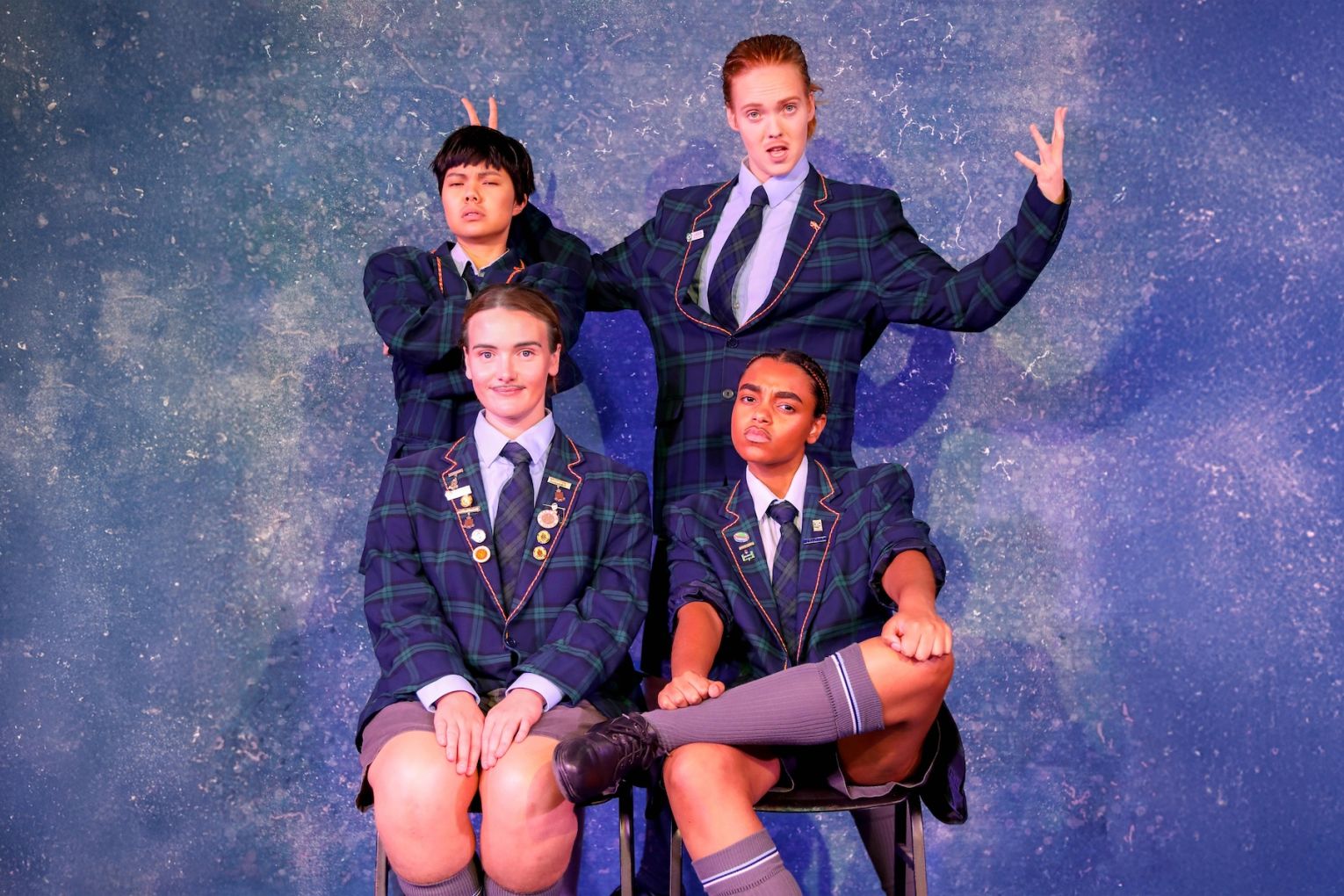


In her first season announcement since taking over from Mitchell Butel in late 2024, State Theatre Company South Australia artistic director Petra Kalive says the company’s 2026 slate will reflect the “complicated times” we live in.
“I think I’ve managed both those things; to inspire people with joy and humour and sort of get them on board laughing, but also each show has political or a provocative edge,” the award-winning director, performer, and former Melbourne Theatre Company associate director tells InReview.
The season kicks off in March with Trophy Boys by award-winning young playwright Emmanuelle Mattana. The play follows an all-boys high school debating team – performed in male drag by a cast of women and non-binary actors – forced to argue that feminism has failed women.
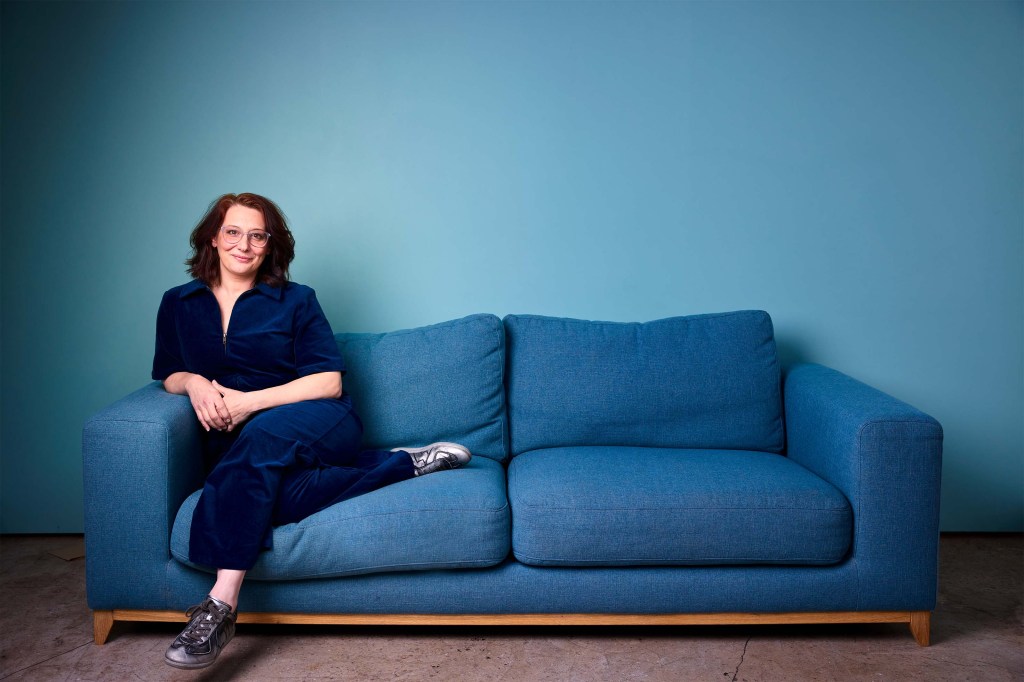
Mattana’s award-winning satirical comedy hits the Space Theatre after a sold out national tour and a successful run off-Broadway.
“It’s just before a debate, so they’ve got together in this room to talk about their strategy, and what is fabulous about it is it skewers privilege and power, and has these young men played by women wrestling with these really current ideas,” Kalive says, adding that the work speaks to a younger audience and she hopes parents and teachers will bring teenagers along.
"The conversations that will happen after this show between parents and their kids, or even with teachers and in classrooms and amongst students themselves and young people, is going to be fantastic."
“The conversations that will happen after this show between parents and their kids, or even with teachers and in classrooms and amongst students themselves and young people, is going to be fantastic,” she says. “I’m all about theatre making conversation, and for people to be really kind of enlivened by the work and the conversation inside the work.”
An Oscar Wilde classic and an American icon
After a sold-out national tour, Heather Mitchell revives her award-winning show RBG: Of Many, One, from Prima Facie playwright Suzie Miller, which tracks the life of trailblazing feminist iconic and US supreme court judge Ruth Bader Ginsburg. Kalive says she was inspired by the 2024 production of Julia, portraying the story of former Australian Prime Minister Julia Gillard, and wanted to include another show that celebrated female leaders.
“I don’t think we do that enough,” Kalive says. “And Julia was such a huge success in Adelaide. So, off the back of that, and with the power of Heather Mitchell’s performance, which I don’t say ‘tour de force’ very much, I think it’s an overused term, but she is extraordinary in this role.
“This was another one where I was like, Adelaide audiences have to see the show, and you just get to see this incredible woman. It’s a real portrait of Ruth Bader Ginsburg’s life, and how hard she worked to achieve what she achieved, and then the complications that she endured in her later years.”
You might like
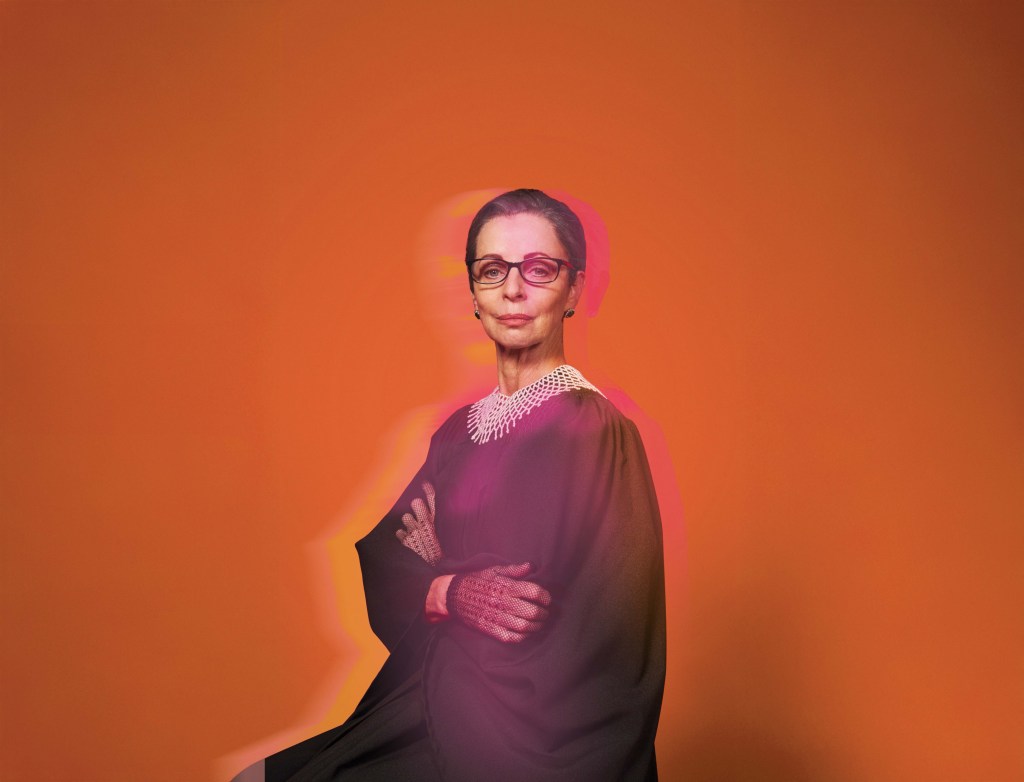
Kalive will direct two works in the 2026 season: a radical reimagining of Oscar Wilde’s The Importance of Being Earnest, at the Dunstan Playhouse in May, and Commentary by Helpmann-award nominated writer Ash Flanders, in August.
The latter tells the story of Nick, played by Gyton Grantley (Underbelly, House Husbands), a once-promising filmmaker turned university lecturer. The action revolves around Nick as he resurrects his debut feature film, exploring ideas around “art making, accountability, memory, and public reckoning,” Kalive says.
“Ash Flanders wrote this play, and he sent it to me at the beginning of the year, and it was such a page turner,” she says. “It had my heart beating really fast, it felt really urgent and provocative.”
The Importance of Being Earnest will feature an all-South Australian cast including Carla Lippis, better known as a dynamic Adelaide singer rather than actor.
“She is an amazing singer and I’ll definitely be utilising that in this show, but Carla also came in for a reading earlier this year… and she blew us all away,” Kalive says. “So, I was like, okay, she’s got to be in the show. She is just a natural on stage and someone that you can trust to be able to deliver.”

The cast also includes Prisoner’s Glenda Linscott, Caroline Mignone (Sense and Sensibility), Nathan O’Keefe (Kimberly Akimbo), Anna Linder (The Puzzle) and newcomers Teddy Dunn, Connor Pullinger and Pia Gillings.
“Both of these works speak to the kind of love I have of the spectrum of theatre, from well-worn classics which I’m really excited about, and working with an all-South Australian cast and reinventing that for these audiences today.
“And then also my passion, which has always been about new Australian work and works that ask really meaty, nuggety questions about the world in which we live.”
New and local voices
Kalive says the company was “besieged” by over 60 applications for their new initiative, SPARK, which aims to support emerging theatre makers to bring their productions to the stage.
Log Boy by up and coming South Australian playwright Anthony Nocera is one of the two selected works, and explores themes of loss and grief following the death of Nocera’s partner.
“It’s about how he’s now haunted by this spectral leather daddy,” Kalive says. “Not only is it daring and innovative and speaking from a perspective that we don’t often get to see on our stages, but it’s also really at its core, a beautiful exploration and interrogation of what it is to lose someone and grief.
“So, I feel like everyone will be able to relate to this story, but the way it’s told and the way it’s expressed feels fresh and new.”
The other SPARK work is a reinterpretation of Chekhov’s classic Uncle Vanya, title Uncle Vanya But There’s ASMR Soap Cutting Videos Playing in the Bottom Right Corner.
Kalive says its director, Mary Angley, is “incredible”, and audiences will look back and remember seeing this work early in the burgeoning career of the theatre maker and her team of collaborators.
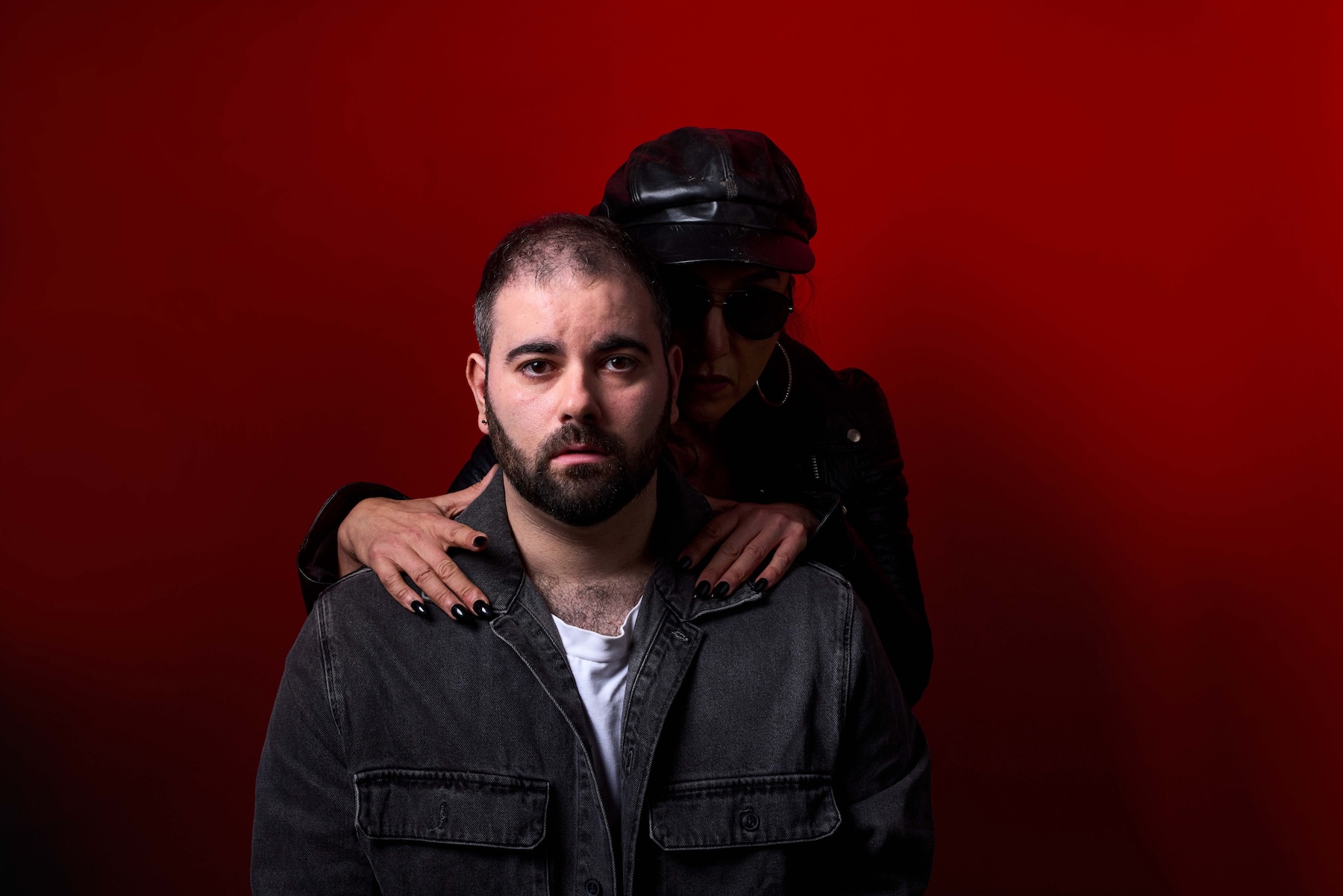
Subscribe for updates
“This will be like Chekhovian despair for the modern age and it’s kind of an experiment,” Kalive says. “It’s partly a tragic farce, but what [Angley] is doing with this text is not kind of making fun of it at all but elevating it and reimagining it for a younger audience, which I think is really exciting.”
Attracting a younger audience has been key to Kalive’s programming for 2026, but she’s also mindful to deliver theatre that also appeals to loyal and long-standing State Theatre subscribers who she “deeply respects”.
“I feel like we’ve got lots of work in there for them,” she says. “But I’m also really keen on making young people and early career artists feel like the State Theatre is a place for them, as well.
“I’m keen on young people experiencing really great theatre that makes them think and blows their mind, so that they come back and become our subscribers of the future.
“It’s no secret that our audience is ageing, and so I think that in a world that is increasingly AI and online, theatre will have a renaissance, because it will be one of the few live experiences – theatre, concerts, the arts generally will be one of the few experiences that will be real life. And we’re able to share an experience together that doesn’t pit us against one another, that brings us together.”
"It’s no secret that our audience is ageing, and so I think that in a world that is increasingly AI and online, theatre will have a renaissance, because it will be one of the few live experiences."
Keeping shows shorter and tighter has also been a deliberate strategy for Kalive, to combat the “attention-grabbing economy” in which we live, and most of the 2026 productions run from 90-100 minutes.
“We’re increasingly competing with online streaming and you want to go out and really enjoy yourself and for your theatre to feel like it’s really packing a punch in the time that you’ve got,” she says. “So, I’m really keen on making sure that that people feel like they’re getting a quality experience in a short period of time.”
In May, international hit ART by Yasmina Reza, winner of the Tony Award for Best Play and the Olivier award for Best comedy, hits Her Majesty’s Theatre. Starring Richard Roxburgh, Ryan Corr and South Australian Damon Herriman, the show centres on one friend buying a ridiculously expensive painting, triggering conversations around art, ego, friendship and taste.
Empowering First Nations storytelling
July sees the world premiere of LOGAN St from Kaurna and Narungga theatre maker Jacob Boehme, a First Nations and Afghan story based around the Adelaide Mosque in Logan Street on the outskirts of Adelaide’s CBD. Portraying an unlikely friendship between Goolie, an Afghan cameleer and mosque caretaker, and Dulcie, a young Aboriginal woman, Kalive describes this work as “a beautiful story about friendship and connection”, with moving music and heartwarming storytelling.
Another new initiative, Blak State, while still in its infancy, is shaping up to be a groundbreaking State Theatre Company program aimed at creating more self-determined First Nations theatre. Partly funded by Create SA, Kalive says a pilot program for Blak State should be ready by late next year.
“My experience of working in lots of main stage companies in the past is that First Nations writers and creatives come into these institutions and unconsciously, not often on purpose, [fee] they need to shape their artistic vision or their artistic ambition through a white lens. It often means that is really unsatisfying for that artist, and the work doesn’t reach the ambition or the kind of vision that they have for it, because it’s kind of curtailed and shaped and morphed into something that fits western theatre models,” Kalive says.
"I actually think that if, by giving these artists space, time, resources and support when they ask for it, we’re going to see there’s the potential to see some extraordinary First Nations storytelling and theatre making in this state."
“I actually think that if, by giving these artists space, time, resources and support when they ask for it, we’re going to see there’s the potential to see some extraordinary First Nations storytelling and theatre-making in this state.”
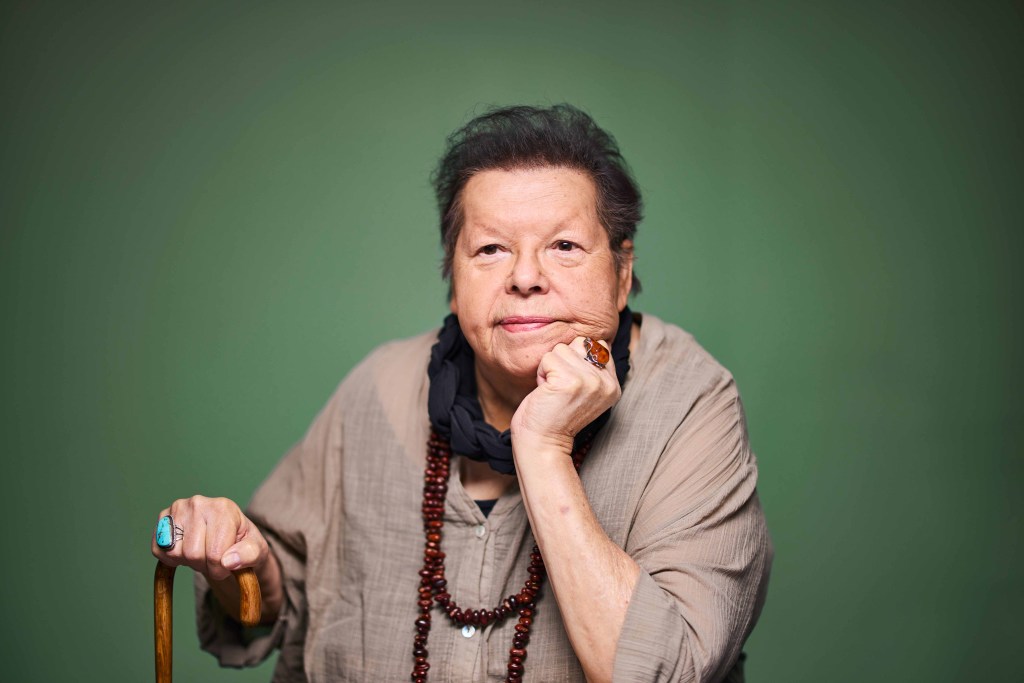
Also included in the program is another First Nations drama, Whitefella Yella Tree presented by the Adelaide Festival next year.
The 2026 season will finish with The Heartbreak Choir, written by the late Aidan Fennessy, an award-winning playwright who passed away from cancer in 2020 before this work was staged. It stars Libby O’Donovan, Genevieve Mooy and Emma Beech and is set in a weathered CFA hall on the edge of town where five friends come to sing.
“This is brilliant work and it’s destined to be like a classic,” Kalive says. “It’s being performed all over the country and it always gets great houses. It connects with people on a really deep level and it’s such an unassuming work. It’s funny, it’s heartwarming, and it’s ultimately about the strength of community coming together.”
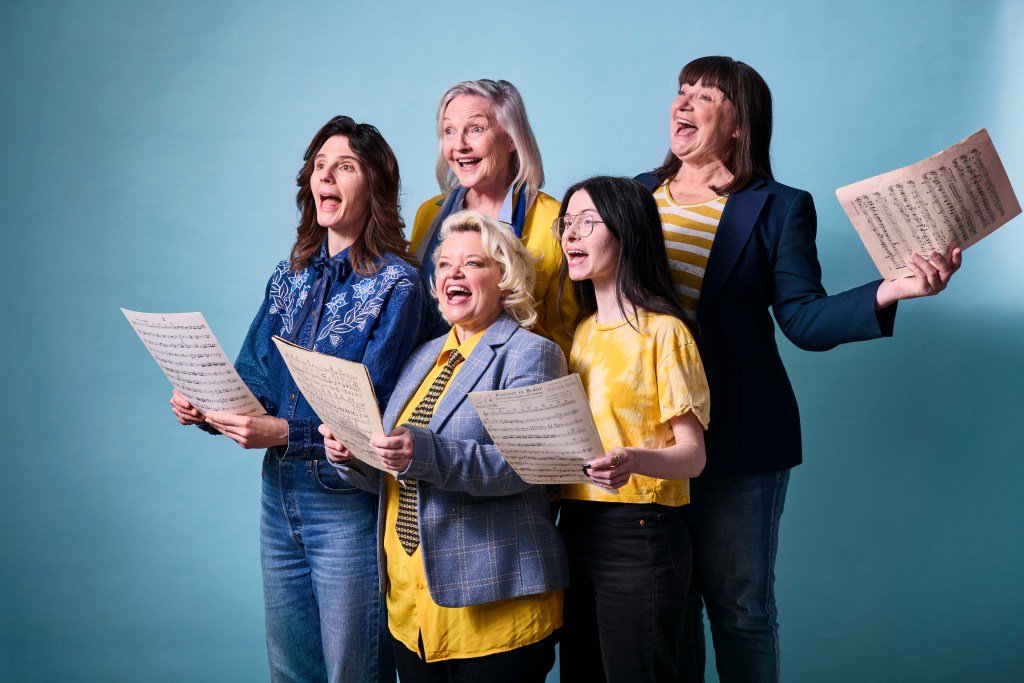
Kalive says her aim with the 2026 was to ensure there was “something for everyone”.
“So, there’s work for young people, there’s First Nations work, there’s absolutely work for our subscribers, there’s reimagined classics, there’s community engaged work. So, it really feels like there’s something for everybody in there,” she says.
“It’s an incredible gift and such a privilege, and I also feel the responsibility of it very keenly,” Kalive says of her role. “It is so wonderful to be able to say, ‘Yes, we want you on our stages’, and ‘Yes, this story is important’.”
Find out more about State Theatre Company South Australia’s 2026 season here
Want to see more stories from InDaily SA in your Google search results?
- Click here to set InDaily SA as a preferred source.
- Tick the box next to "InDaily SA". That's it.
Free to share
This article may be shared online or in print under a Creative Commons licence

